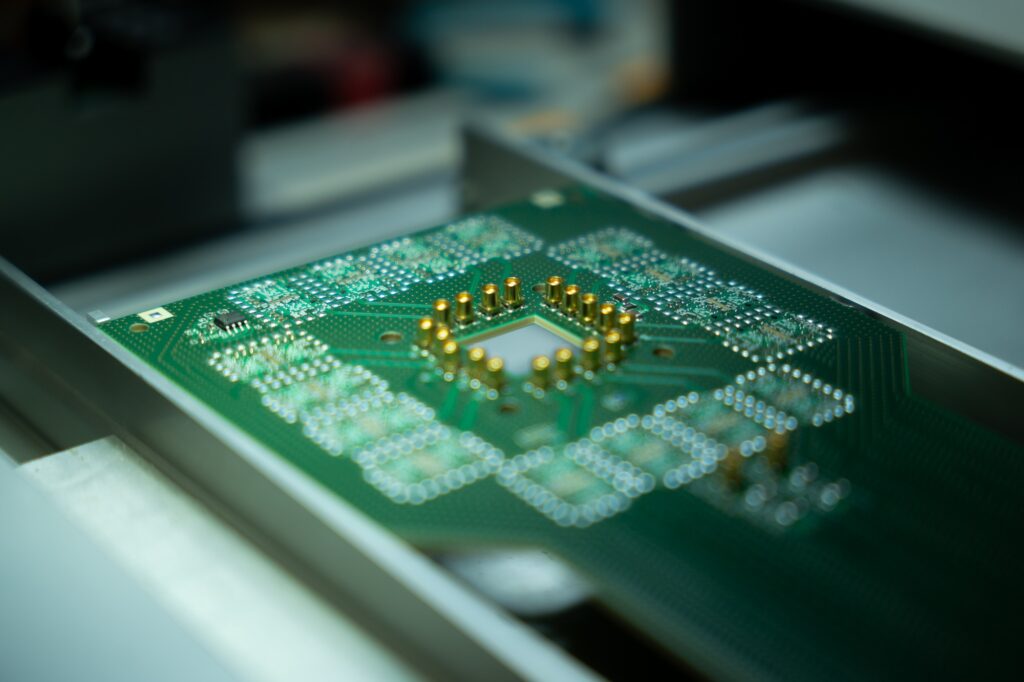The Instituto Galego de Física de Altas Enerxías (IGFAE), a joint centre of the USC and the Xunta de Galicia, will contribute in the coming years to the MicroNanoSpain network, a project to strengthen the design and manufacture of chips and semiconductors in Spain and Europe.
This initiative will involve 25 Spanish universities and research centres, together with the semiconductor industry, with the aim of improving the capabilities, skills and innovation of this sector, which is essential for a wide range of needs in today’s society, and critical due to the dependence on third countries that the European Union is currently dealing with.
MicroNanoSpain has just obtained eight million euros from the Chips Joint Undertaking (Chips JU), a European entity comprising the European Commission, member states and industry. The aim of this line of funding is to develop a Centre of Competence in Chip Design in every member state, to facilitate the contribution of companies and research centres in this sector.
Thus, the alliance built around MicroNanoSpain, made up of national and international benchmarks in this field, will bring together knowledge, capabilities and services to share with the industrial fabric of the sector, playing a key role in strengthening the European innovation ecosystem in the field of semiconductors.
IGFAE’s contribution
Since its creation, the IGFAE has had a reference team in the entire semiconductor detector production chain, derived from its presence in the design and construction of instrumentation for large international facilities, such as the LHCb experiment at CERN.
In this framework, the Institute’s staff has extensive knowledge and skills in microelectronic and mechanical design, component assembly, data acquisition systems, verification, calculation and computing.
The IGFAE’s presence in MicroNanoSpain and other consortia will also be reinforced by the opening of new headquarters, which will significantly increase the surface area and resources allocated to the experimental and instrumentation laboratories, which are key to the Institute’s international projection.
